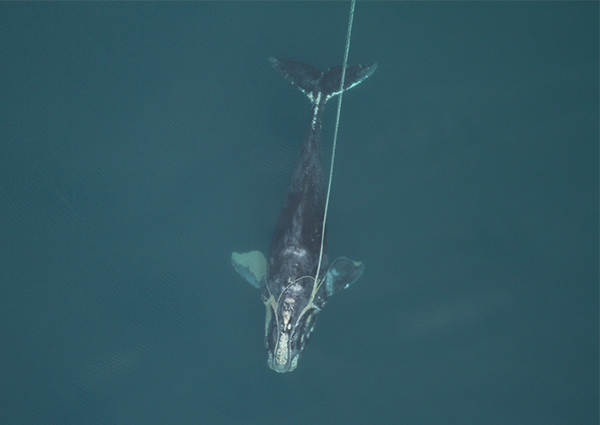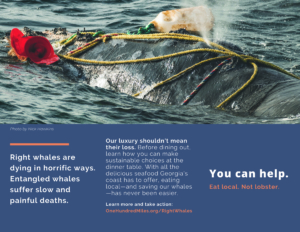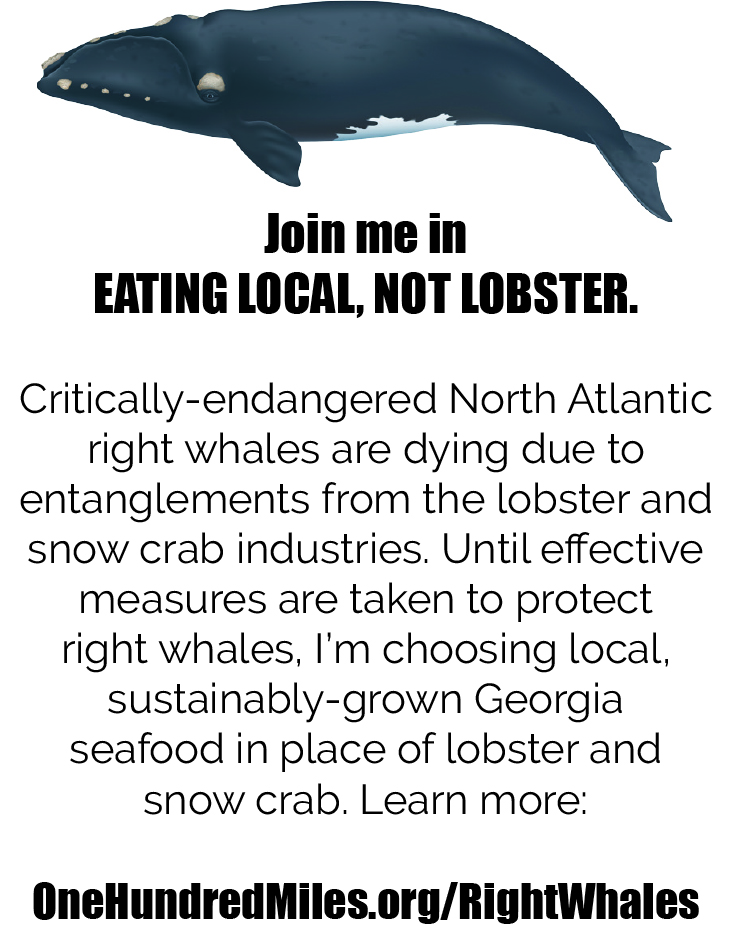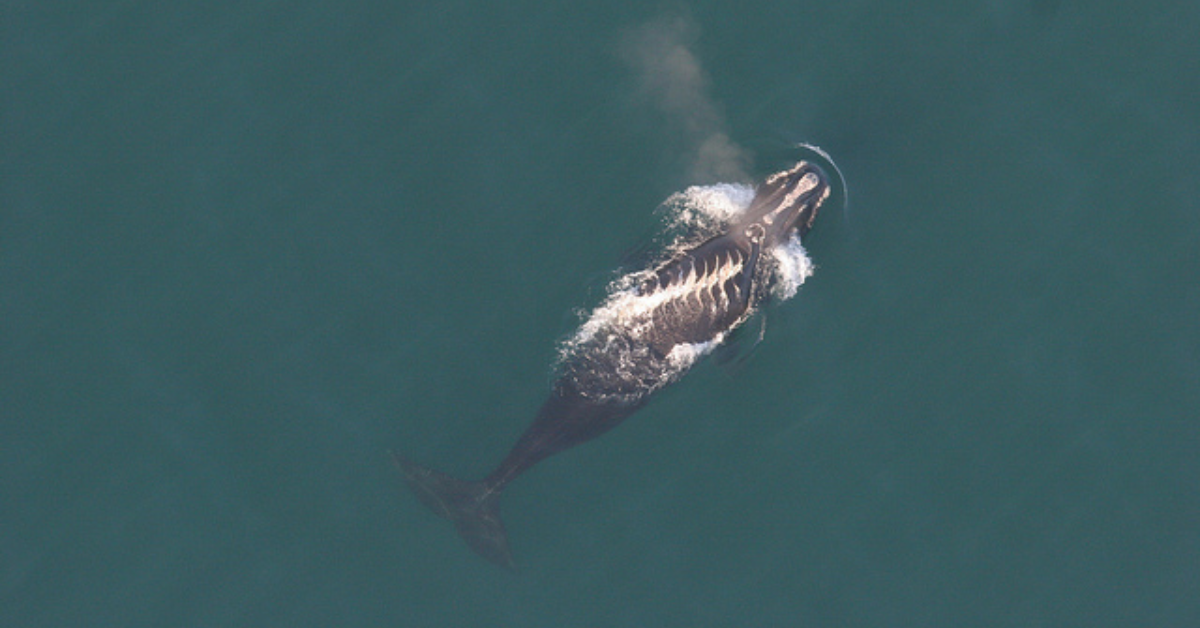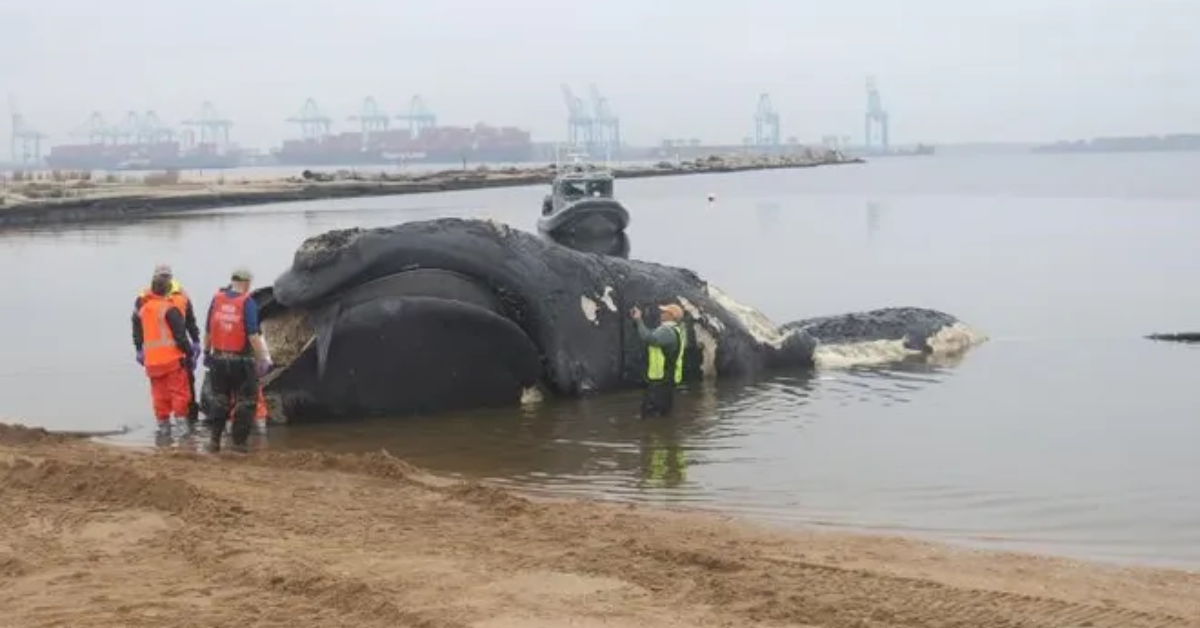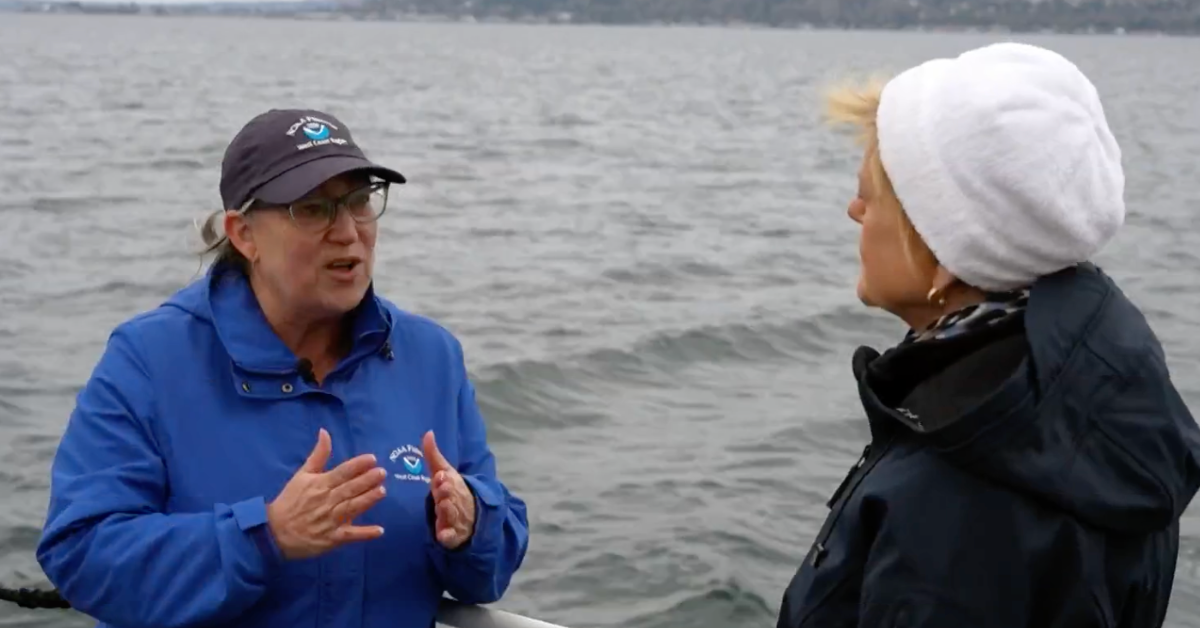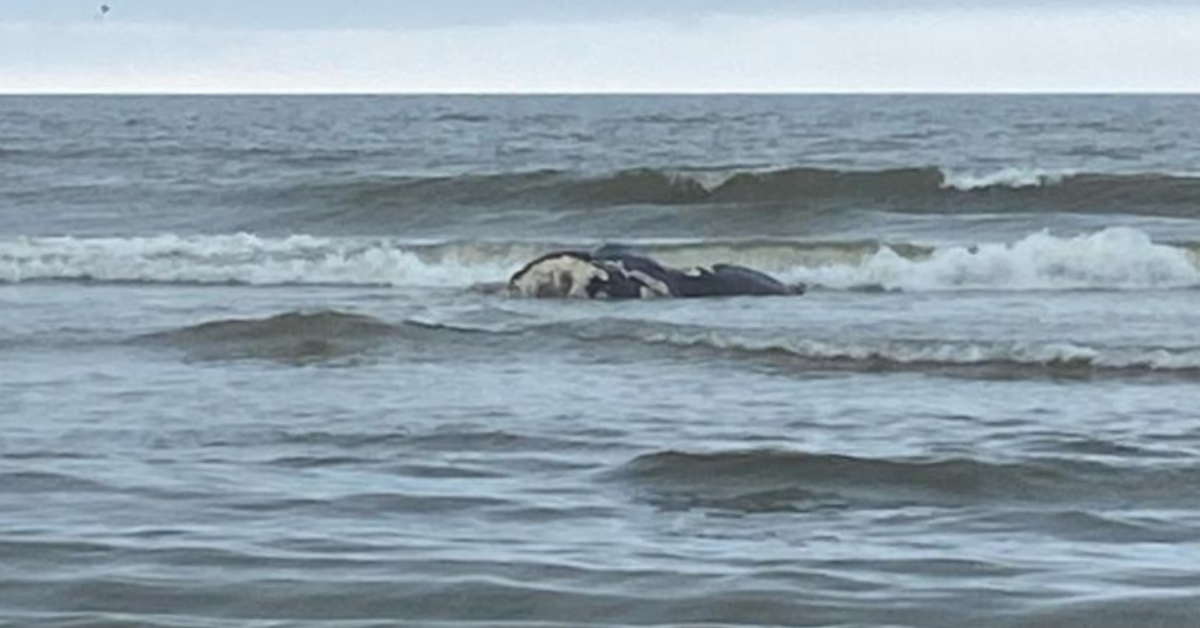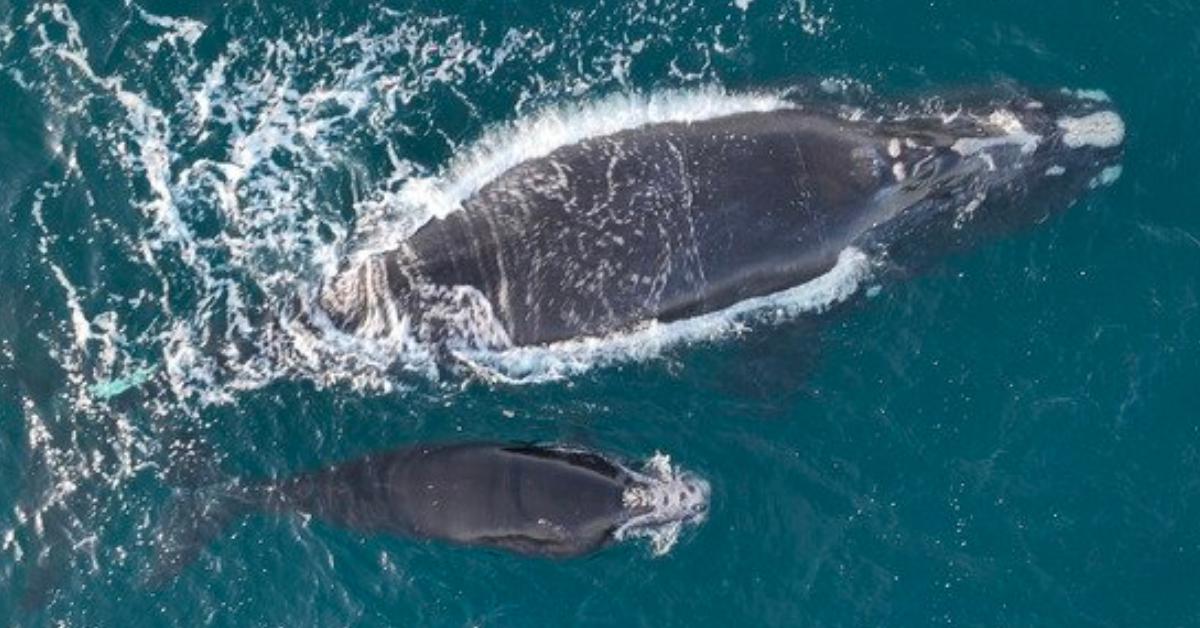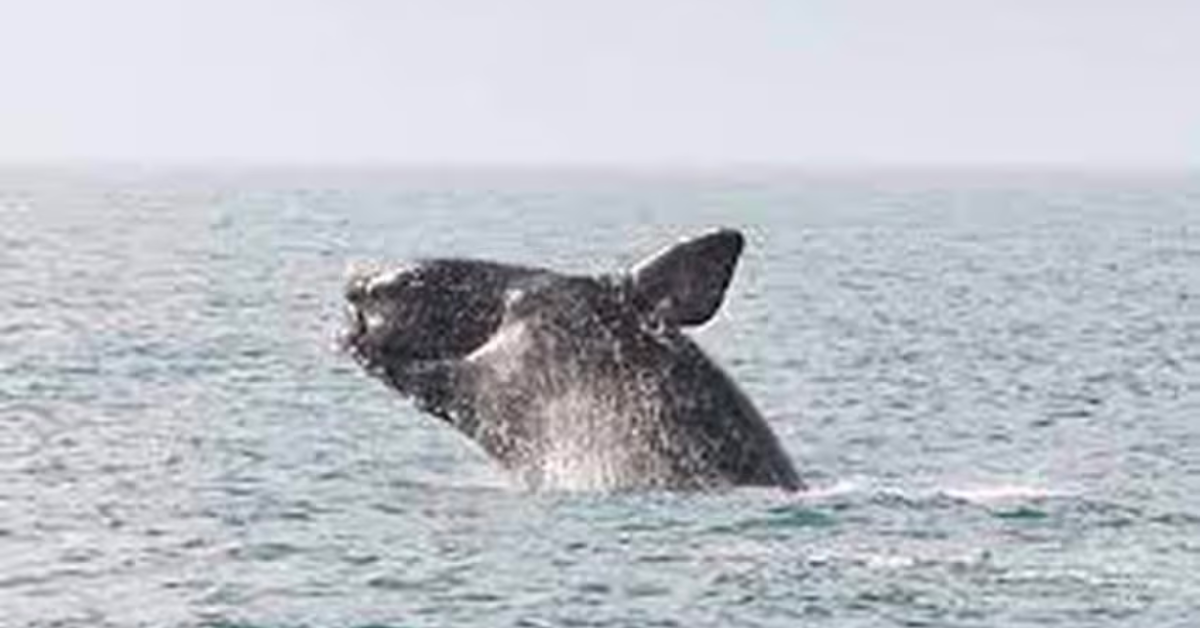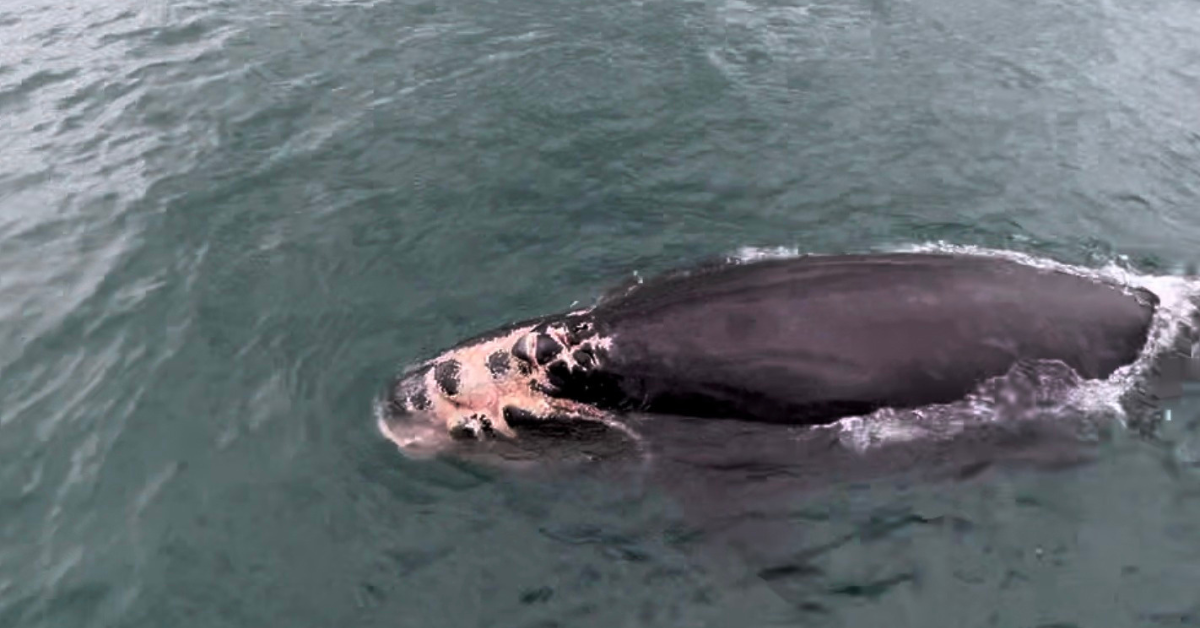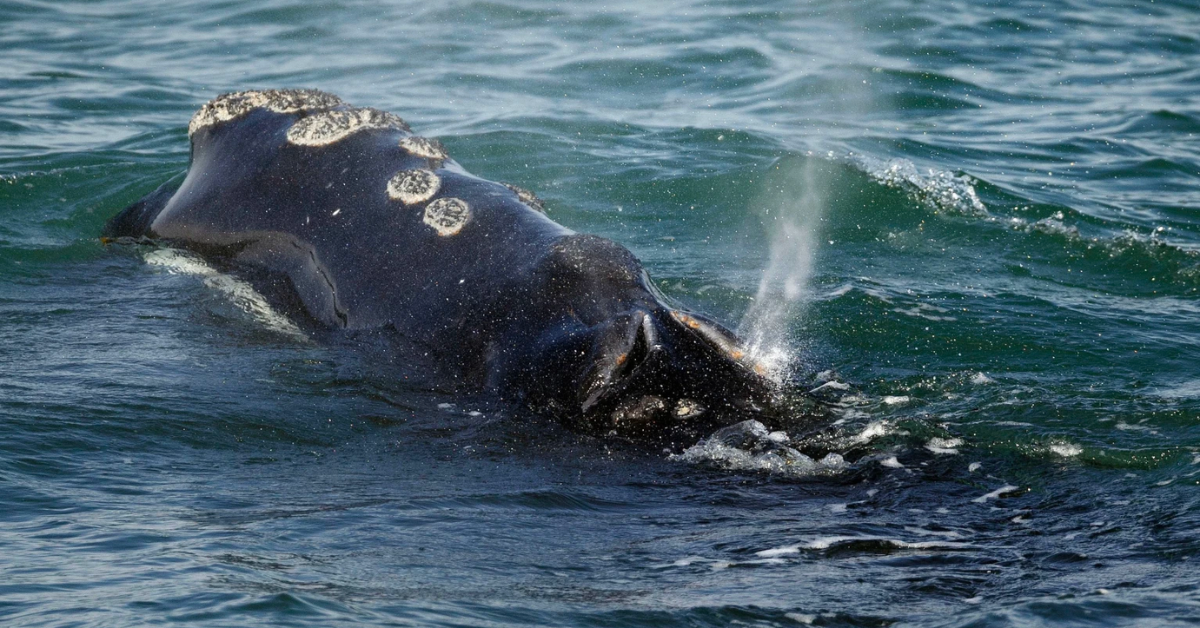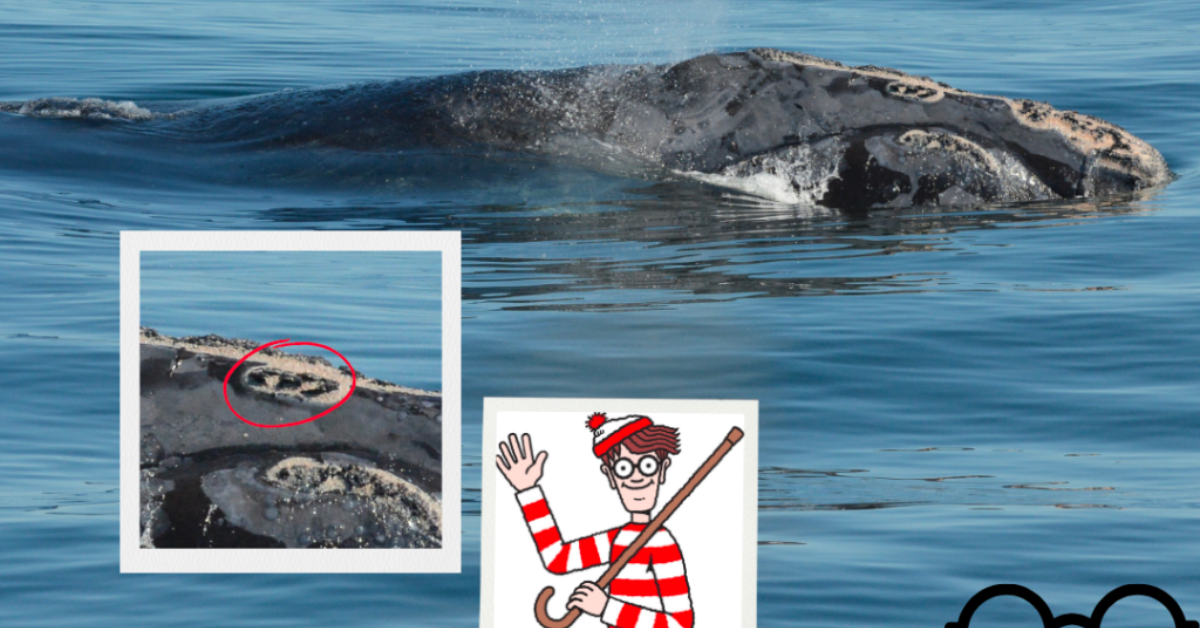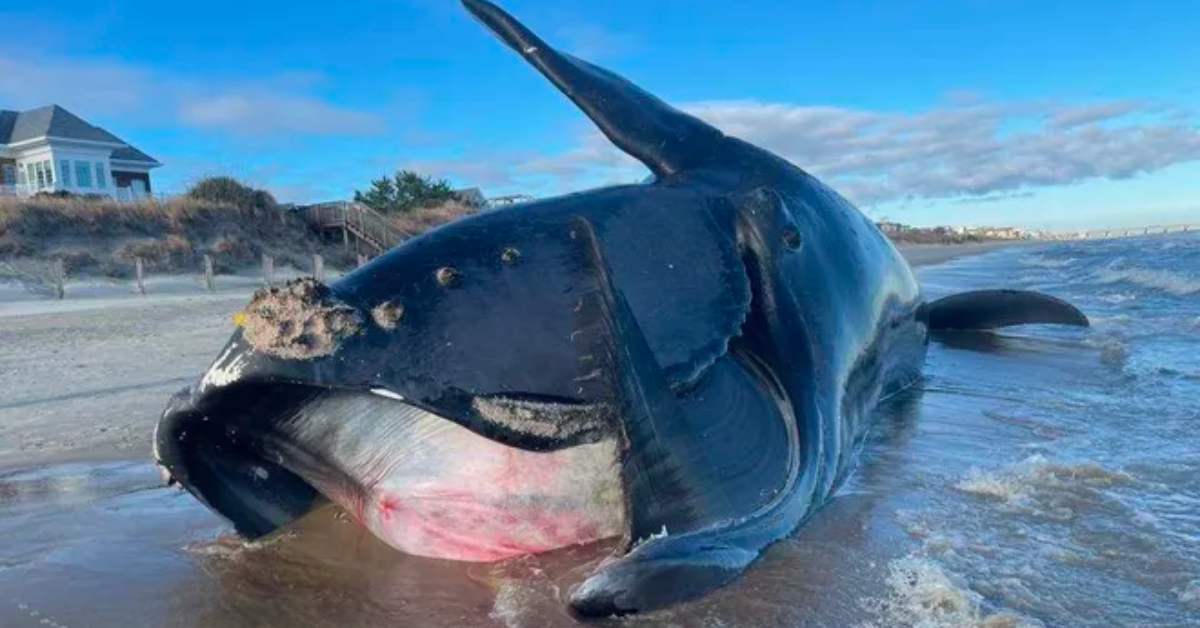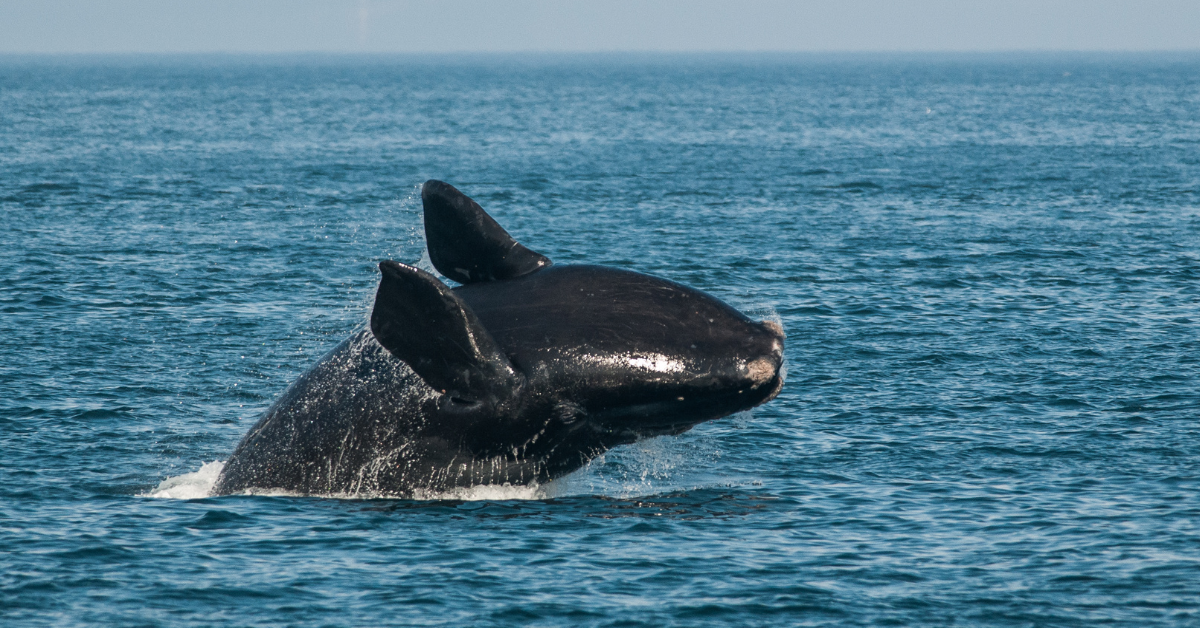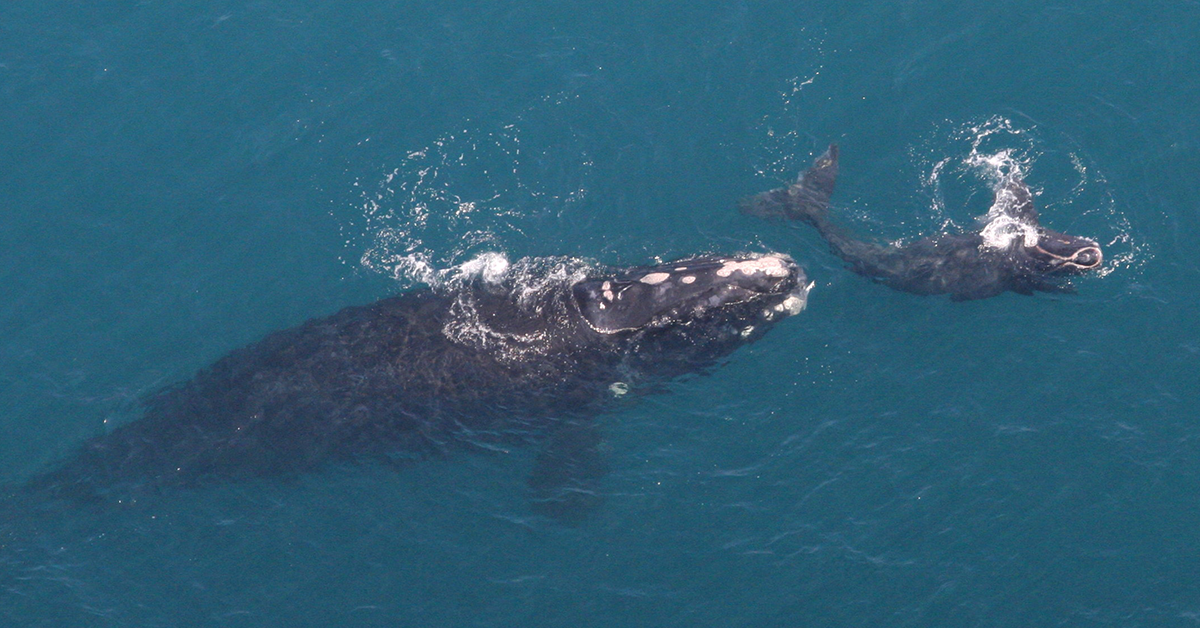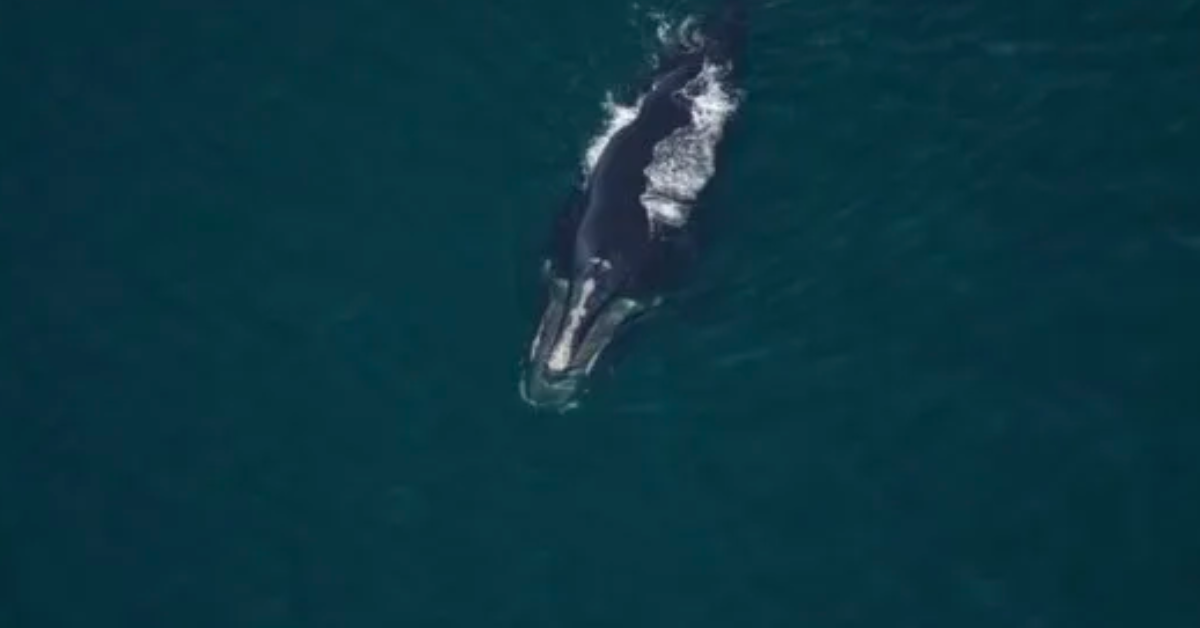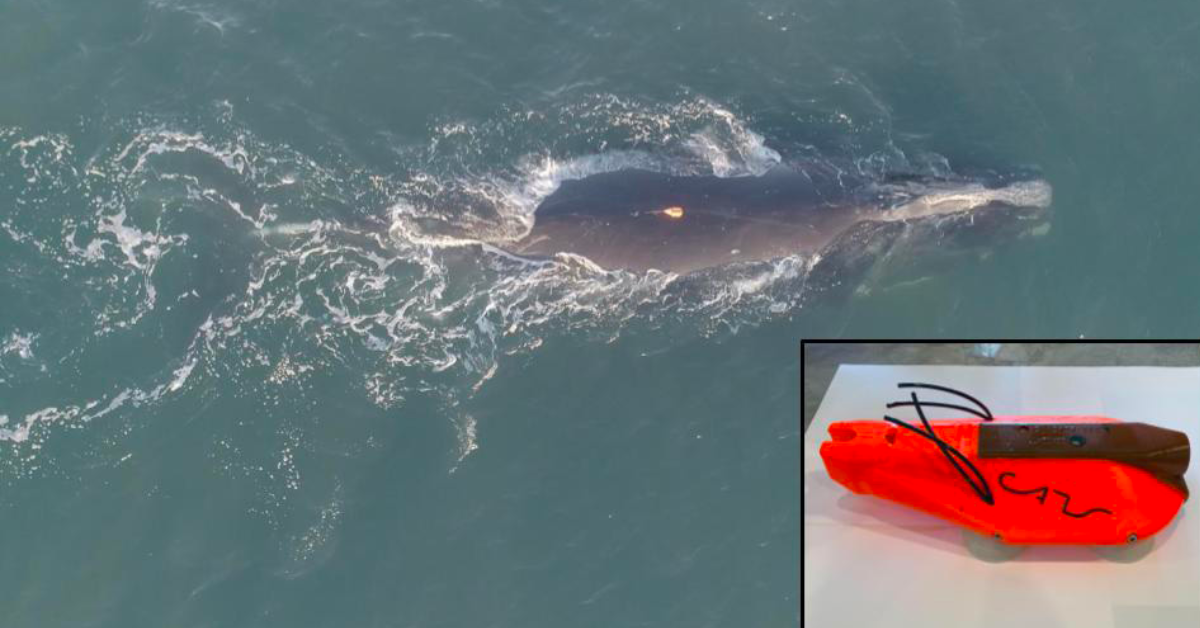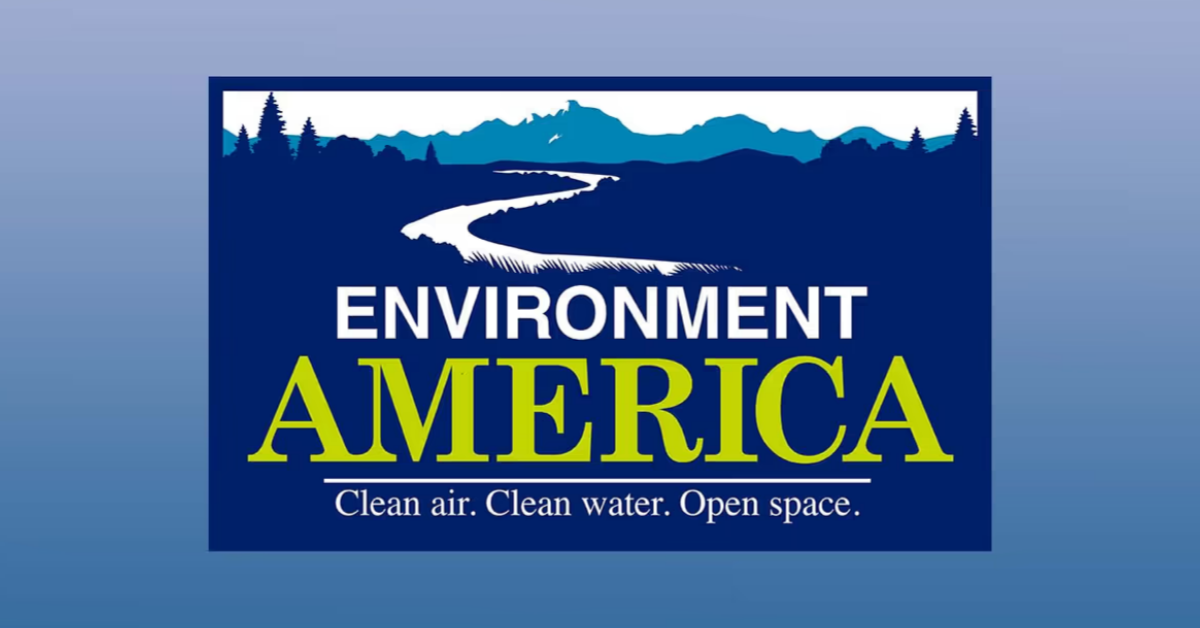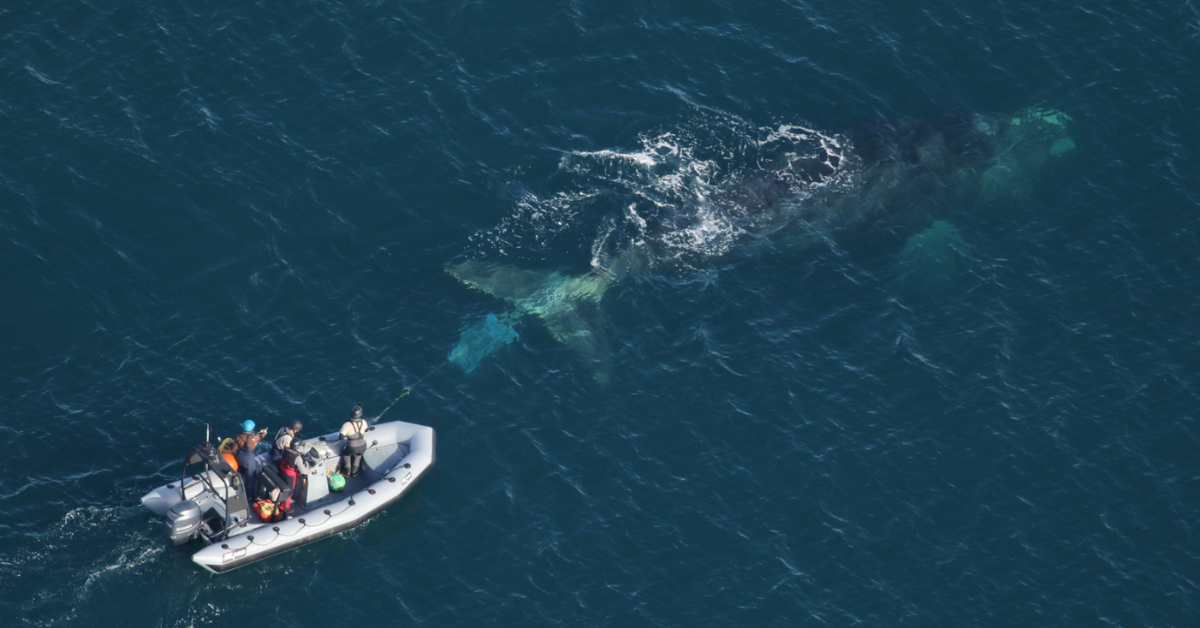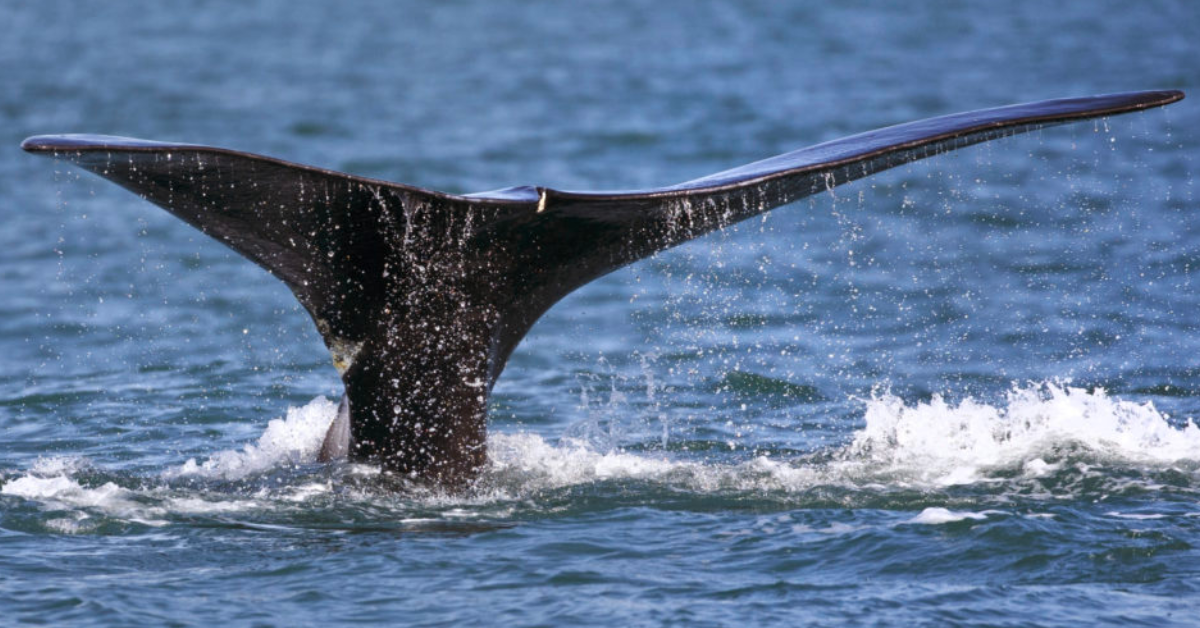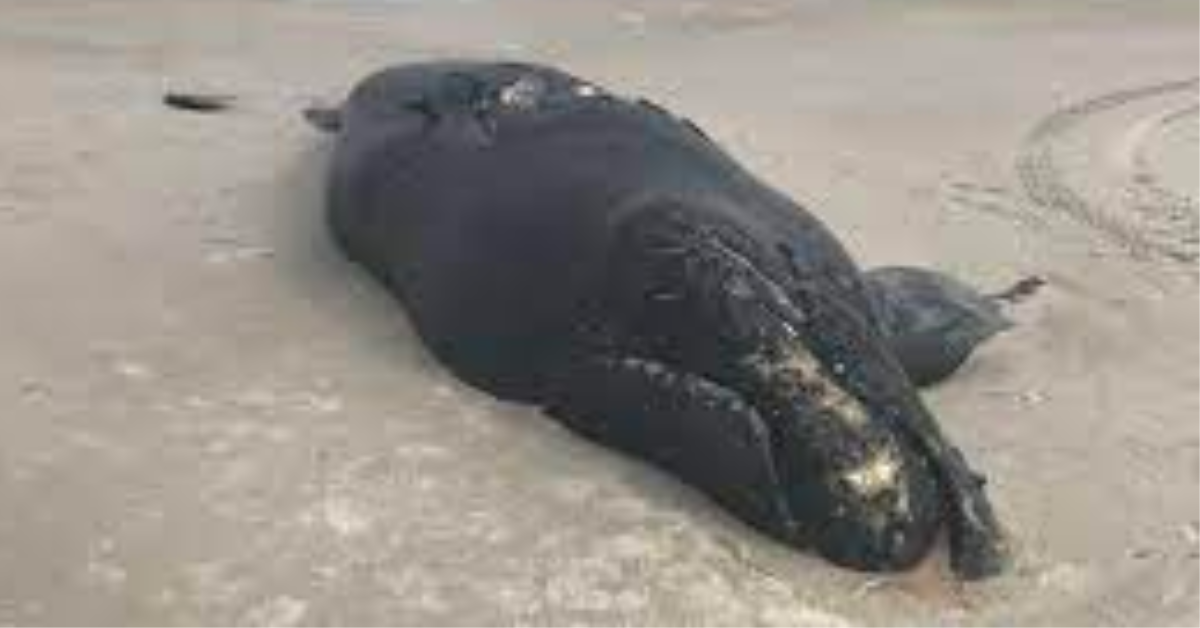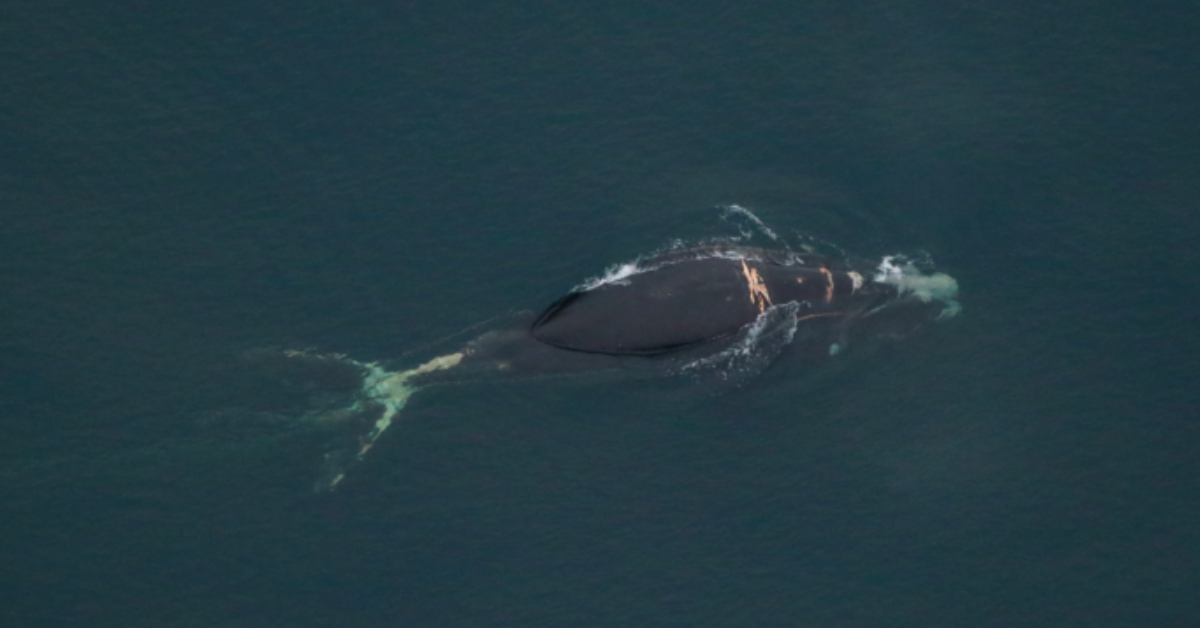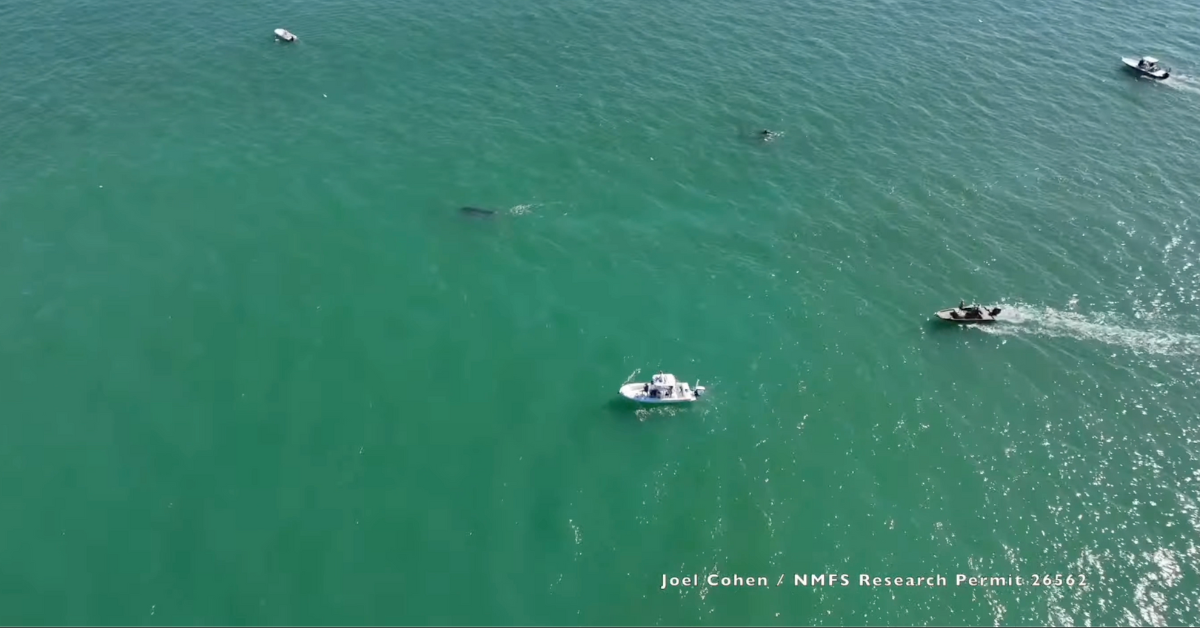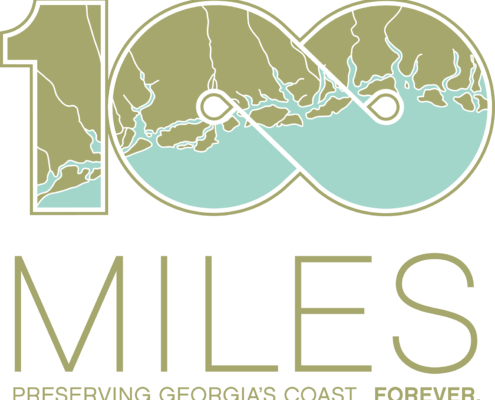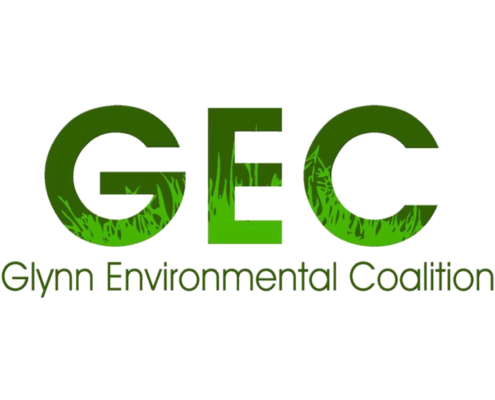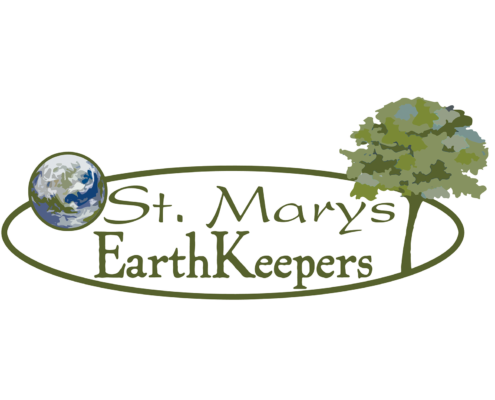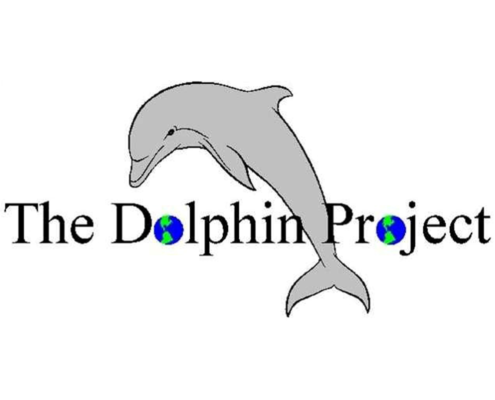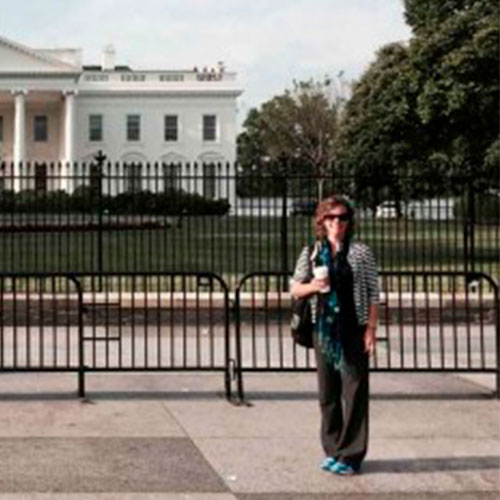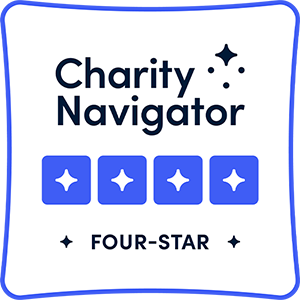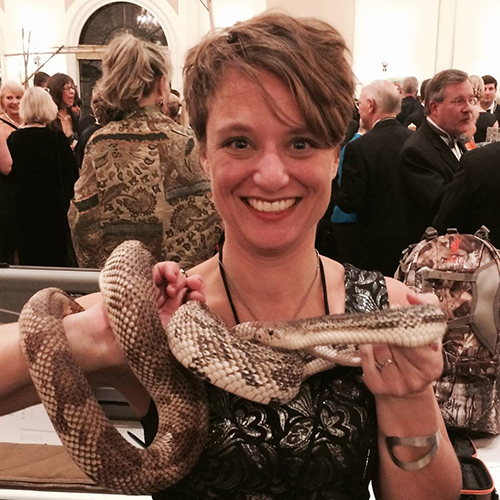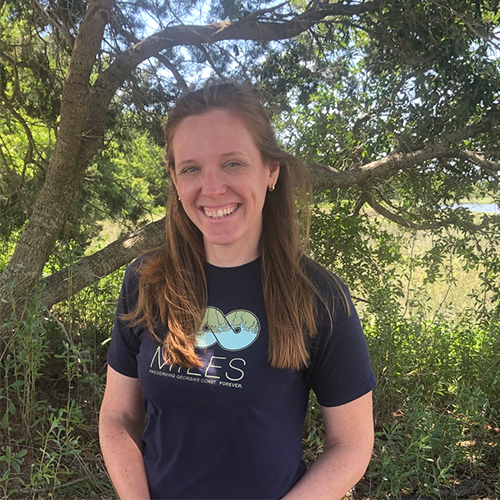Georgia’s State Marine Mammal
While much of the attention is focused in the northeast, right whales have a special place in Georgians’ hearts. Every winter, we cheer the return of calving females and celebrate the new births that can help to replenish the population.
Local biologists with our state Department of Natural Resources and other agencies devote significant time and resources to monitoring the whales and responding to entanglements—dangerous endeavors that put their lives at risk.
How you can help
Use the tabs below to more about our Eat Local Not Lobster campaign and simple ways you can advocate for Right Whales every day.
Right Whales in the News
The Brunswick News | 4/17/24
Savannah Morning News | 4/4/24
NBC | 3/28/24
The Current | 3/5/24
Brunswick News | 2/8/24
Atlanta Journal-Constitution | 1/11/24
Brunswick News | 1/11/24
GA DNR Wildlife Resources Division | 1/10/24
The Current | 1/10/24
Associated Press | 1/2/24
The Current | 12/30/23
Savannah Morning News | 12/11/23
USA Today | 10/23/23
The Current | 7/25/23
The Brunswick News | 7/21/23
Post and Courier | 7/10/23
Boston.com | 6/6/23
YELP Action Project | 5/4/23
The Brunswick News | 3/4/23
NOAA Fisheries | 4/24/23
Environment America | 2/16/23
The Virginia-Pilot | 2/15/23
The Current | 2/15/23
Portland Press Herald | 2/14/23
Georgia DNR, WRD | 2/6/23
WBUR | 2/1/23
Florida Politics | 1/23/23
Boston.com | 1/12/23
Florida Politics | 1/10/23
JoelLikesToPhoto | 1/6/23
Eat Local, Not Lobster Partners
“Entanglement is the leading cause of death of these whales that travel thousands of miles to our shores to give birth. Until whale-safe fishing practices are implemented throughout the industry, we encourage residents and visitors to Georgia—and all who love our beloved right whales—to Eat Local, Not Lobster.”
Contact Alice for more information about our efforts to protect North Atlantic right whales and the Eat Local, Not Lobster campaign.

